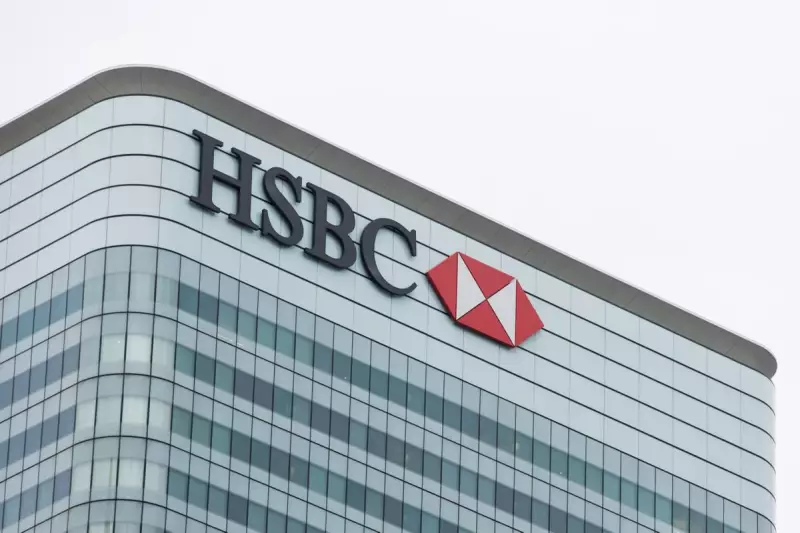
Global banking titan HSBC is confronting a staggering £1 billion legal battle as investors seek compensation for catastrophic losses suffered in a Luxembourg-based fund intimately connected to Bernie Madoff's infamous Ponzi scheme.
The Luxembourg Link
At the heart of the controversy lies Herald Luxembourgh, a fund that channeled substantial investments into Bernard L. Madoff Investment Securities. Court documents reveal that HSBC served as both custodian and administrator for this ill-fated fund, placing the banking behemoth squarely in the crosshairs of furious investors.
London's prestigious commercial court has become the arena for this financial drama, with claimants alleging that HSBC failed in its fundamental duty to protect their investments. The bank stands accused of turning a blind eye to numerous red flags that should have alerted them to Madoff's elaborate $65 billion deception.
A Pattern of Oversight Failures
Legal representatives for the investors argue that HSBC neglected basic due diligence responsibilities. "The warning signs were glaring," stated one legal expert familiar with the case. "From inexplicable investment returns to questionable auditing practices, there were multiple opportunities to prevent this disaster."
The lawsuit represents one of the final major legal reckonings stemming from Madoff's unprecedented fraud, which collapsed in 2008 and devastated thousands of investors worldwide. While numerous financial institutions have faced consequences, the scale of this action against HSBC underscores the lasting impact of the scandal.
HSBC's Defence Strategy
HSBC maintains its position that the bank acted appropriately throughout its involvement with the Luxembourg fund. In official statements, representatives have emphasized that Madoff's deception was sophisticated enough to evade detection by numerous financial institutions and regulatory bodies.
"We intend to vigorously defend against these claims," an HSBC spokesperson commented. "The Madoff fraud was unprecedented in scale and complexity, fooling investors and experts alike across the global financial landscape."
Broader Implications for Banking
This case raises critical questions about the responsibilities of custodian banks in preventing financial fraud. Legal experts suggest that a ruling against HSBC could establish new precedents for liability in similar situations, potentially reshaping how financial institutions monitor and vet their investment vehicles.
As the legal proceedings advance through London's commercial courts, the financial world watches closely. The outcome could determine whether investors recover significant portions of their losses or if HSBC successfully limits its exposure to one of history's most devastating financial scandals.





